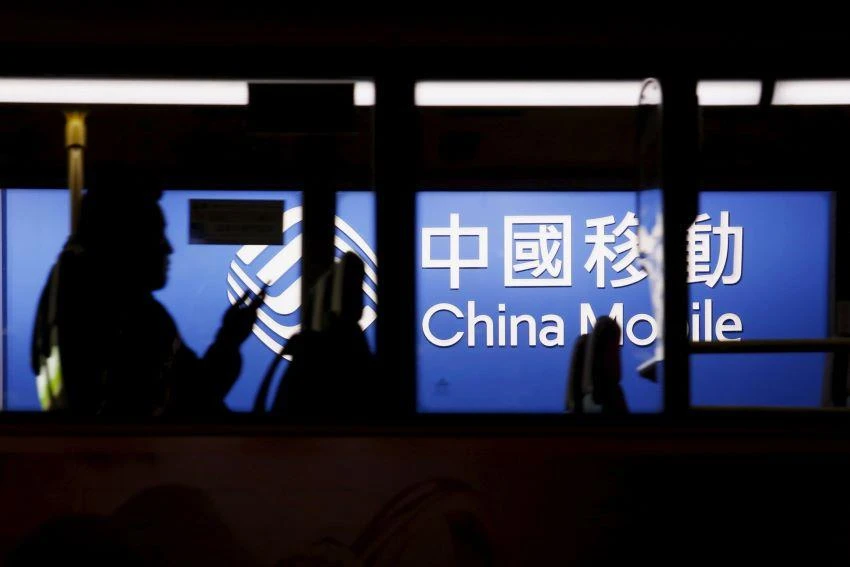
A retirement plan for federal employees should reconsider a measure to be implemented next year on investing in Chinese companies, U.S. senators including China hawk Marco Rubio argued Monday.
The decision to switch to an MSCI index with Chinese companies "will expose nearly $50 billion in retirement assets of federal government employees, including members of the U.S. Armed Forces, to severe and undisclosed material risks" from corporate ties to the Chinese government, wrote Rubio and Democratic Sen. Jeanne Shaheen in a letter to Chairman Michael Kennedy of the Federal Retirement Thrift Investment Board.
The board administers the Thrift Savings Plan, which manages roughly $600 billion in assets for more than 5.7 million participants. It did not immediately respond to a request for comment.
"It is well known that the Chinese government uses state-owned and state-directed enterprises to control production, compete in global markets, and serve the Chinese Communist Party's military, political, and economic goals," Rubio and Shaheen explained.
The letter called out the "many firms" involved in the Chinese government's "military, espionage, human rights abuses, and 'Made in China 2025' industrial policy." It cited AviChina Industry and Technology for building aircraft and weapons for the Chinese government, China Mobile for being barred from the American market on national security grounds, the U.S.-blacklisted Hangzhou Hikvision Digital Technology for providing equipment for surveillance of Uighur Muslims, and Kangmei Pharmaceutical for overstating the value of its cash holdings by $4.4 billion.
The letter comes as the Sino-American tariff war drags on with no end in sight. Tensions have spilled over from trade to investment as suspicions deepen over ties between Chinese companies and the Communist Party. The letter was also copied to U.S. officials including Secretary of State Mike Pompeo, Treasury Secretary Steven Mnuchin and Commerce Secretary Wilbur Ross.
The letter also asks Kennedy to explain how the board decided to switch to the MSCI index and what risk disclosures it plans to make to the participants in the savings plan, among other questions.




















